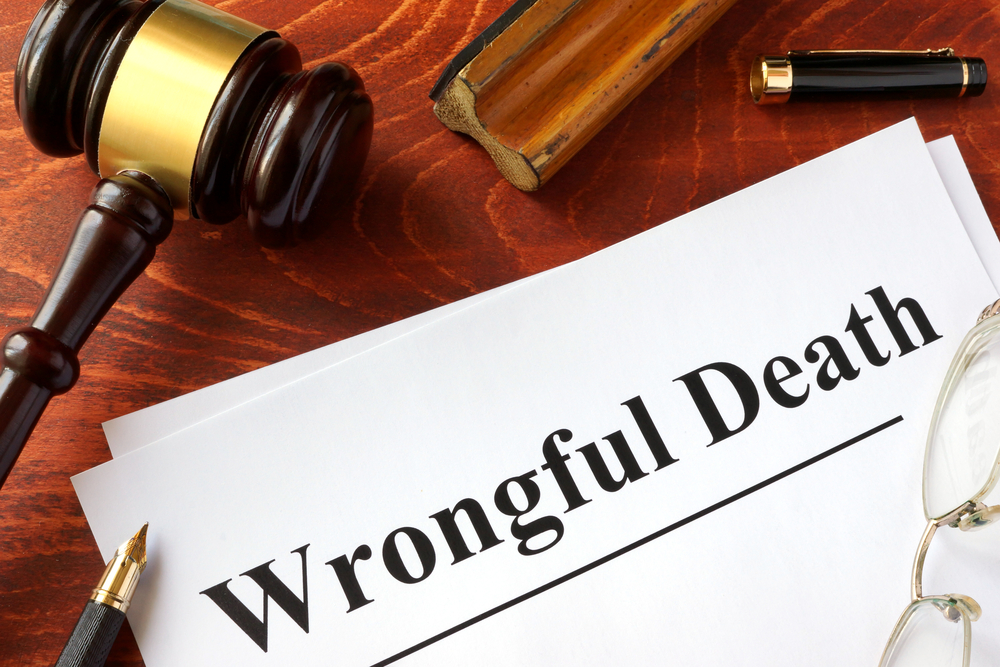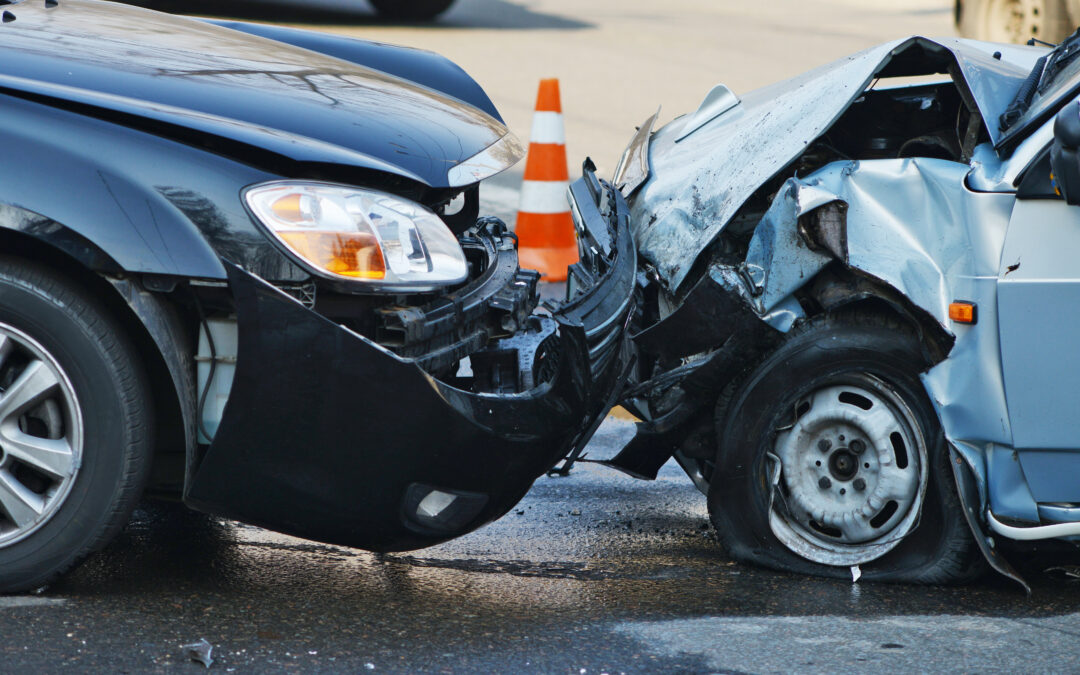Personal injury lawyers practice a form of civil law. They represent people who are harmed physically, psychologically, or financially due to the negligence of others.
- Personal injury lawyers handle cases involving car and truck accidents, medical malpractice, slip & fall, product liability, workplace injury, and more.
- Personal injury lawyers can help protect your rights and make sure that you get the compensation to which you are entitled under the laws of your state.
What Does a Personal Injury Lawyer Do?
Personal injury lawyers handle every aspect of your case so that you can focus on recovering from your injuries. They communicate with hospitals and other medical providers, law enforcement, insurance companies, and other parties often involved in personal injury cases. The attorney’s job is to represent you and protect your legal rights at every step in the process. Here are just a few of the things that a personal injury lawyer does to provide that protection.
- A personal injury lawyer listens to the facts of the case and gives you a realistic picture of the options you might be able to pursue in your type of personal injury case.
- Your lawyer advises you as to when you should negotiate and when you should stand firm. When you agree to negotiate, the attorney communicates with the insurance company or opposing counsel on your behalf.
- Your attorney argues your case in court if you aren’t able to negotiate a reasonable settlement. This work involves conducting a thorough investigation ahead of time to know which witnesses to call and what evidence to present.
When Do I Need a Personal Injury Lawyer?
If you get injured due to the actions or negligence of another person or a company, you may need a personal injury lawyer to help you get compensation for your harms and losses. Not every situation calls for a lawsuit, though. The other party in this type of personal injury case is called the defendant. In general, personal injury cases involve four elements. Suppose that you are the victim in a case where another driver was operating a vehicle while intoxicated.
- To form the basis of a personal injury case, you must prove that the defendant had a duty to take some action or avoid some action to protect your safety. In our example, the other driver was responsible for protecting other drivers by not getting behind the wheel of a car while intoxicated.
- Once you’ve established the duty, you must show how the defendant failed to carry out that duty appropriately. In the drunk driving accident, the defendant did not act appropriately when choosing to drive while impaired.
- Your personal injury attorney will show that your harms and losses resulted from that breach of duty. In our example, the defendant’s choice to drink and drive resulted in the accident.
- Finally, you must present your damages and propose how the defendant can compensate you for them. Usually, this type of personal injury case results in monetary awards for expenses, pain and suffering, or punitive damages. The drunk driver or the insurance company should compensate you for your losses.
Where Can I Learn More?
If you are injured because of the actions of another person or business, contact Hayhurst Law for representation in West Virginia and Pennsylvania. We’ll evaluate your case and give you an honest assessment to help you understand the timeline, resources, and outcomes you can reasonably expect. Don’t sacrifice your rights by trying to handle your type of personal injury cases yourself. Trust the professional team at Hayhurst Law.
Medical Malpractice

Common Types of Medical Malpractice Claims
Common Types of Medical Malpractice ClaimsJuly 9th, 2018By Hayhurst LawMedical malpractice claims stem from negligence...
Car Accident

How to Properly Handle and Avoid Roadway Incidents
How to Properly Handle and Avoid Roadway IncidentsAugust 13, 2018By Hayhurst Law One of the most dangerous places in...
Workplace Injuries

Hurt on the Job? Follow These 5 Important Steps
Hurt on the Job? Follow These 5 Important StepsMay 8th, 2018By Hayhurst LawSuffering a workplace injury can be just as...
![Dark-Logo[3]](https://hayhurstlaw.com/wp-content/uploads/2021/07/Dark-Logo3.png)

